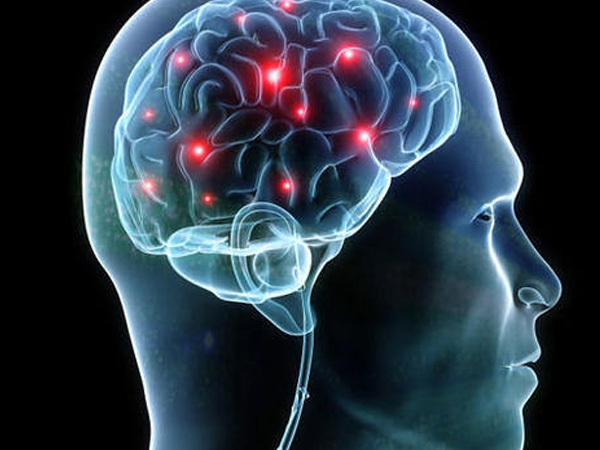Washington: As NASA and private space companies like SpaceX plan to send humans to Mars within the next 15 years, scientists have identified a potential treatment for the brain damage caused by exposure to cosmic rays.
Among the major challenges facing future crewed space missions is how to protect astronauts from the dangerous cosmic radiation of deep space.
In a study published in the journal Scientific Reports, the researchers reported identification of a drug that prevents memory impairment in mice exposed to simulated space radiation.
“We are starting to have evidence that exposure to deep space radiation might affect brain function over the long term, but as far as I know, no one had explored any possible countermeasures that might protect astronauts’ brains against this level of radiation exposure,” said one of the researchers Susanna Rosi, Professor at the University of California, San Francisco (UCSF).
In the new study, the researchers collaborated with co-authors at Loma Linda University in Southern California to expose mice for a day to a dose of radiation comparable to what they might experience in deep space.
The experiments were conducted at the NASA Space Radiation Laboratory at Brookhaven National Laboratory in New York.
A week later, some of the mice were treated for 15 days with PLX5622, a drug produced by Berkeley-based pharmaceutical company Plexxikon, Inc.
The irradiated animals initially displayed no cognitive deficits, but after three months they began showing signs of memory impairment.
Remarkably, animals that had been treated with PLX5622 soon after being exposed to radiation performed just like healthy mice on a memory task.
The researchers examined the animals’ brains and showed that while the brains of untreated mice showed major activation of cells called microglia – part of the brain’s immune system, the brains of treated mice looked just like normal.
Activated microglia drive brain inflammation similar to what is seen in neurodegenerative disorders such as Alzheimer’s disease, and also seek out and consume synapses, the information-bearing connections between brain cells.
The authors hypothesise that by forcing the brain to replace irritable, radiation-exposed microglia with new, healthy microglia, the drug had allowed the animals to avoid the cognitive consequences of radiation.
“This is really neat evidence, first that rebooting the brain’s microglia can protect cognitive function following radiation exposure, and second that we don’t necessarily need to treat immediately following the radiation exposure for the drug to be effective,” Rosi said.
The researchers believe that beyond spaceflight, these compounds could potentially be used to prevent cognitive impairments following cancer radiation therapy, or in age-related cognitive impairment – which has also been linked to microglia-driven brain inflammation.
IANS

